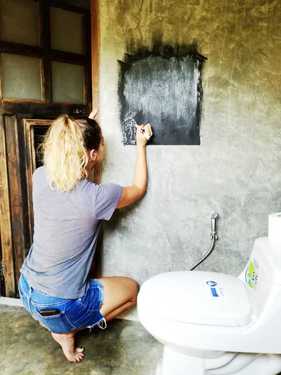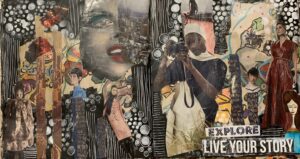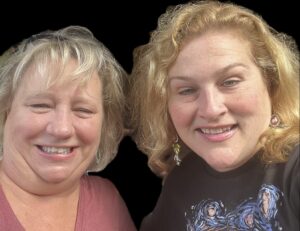The invention of fine art is relatively new, with Charles Batteux coining the phrase “beaux arts” in 1746, grouping together what we now think of as “fine arts.” Certain forms of art such as painting, and sculpture became distinct from craftsmanship on the basis that the former exist only to inspire contemplation of beauty, while the latter had function and purpose. Over time these fine arts were gathered up and deposited in a museum. Even though much of what we see in museums doesn’t conform to this Enlightenment era idea that art is exclusively for the contemplation of beauty, Batteux’s legacy is intact, in that we often think of these things as fundamentally separate from our everyday experience. They are much more special and somehow distant from us. For me this has manifested in thoughts like, “I’m no artist,” or “I’m not a creative person.”
I couldn’t do what those artists were doing.
However, for most of history there hasn’t been a distinction between fine art and crafts. Rather, works of art were intimately tied to a historical period and existed in a cultural context. Music and poetry came from monasteries written for religious services, metal smiths forged incredible items in the name of wars, and detailed pottery was crafted for service in fine dinners. The artistic act has been intimately tied to daily life for most of human history, existing in a complex network of social, cultural, and historical conditions.
So, in order to understand what art is, we might first ask what constitutes human experience. A heady question, I know. Upon reflection of my own experiences it’s a mishmash of anxiety, depression, joy, excitement, anticipation, gratitude, sorrow and more. Often, it is all of these things at the same time. It’s the tension between bringing the component feelings, people, places, and ideas together in resolution. It’s the integration of these moments of past regret and future anticipation into the present, when I’m most fully alive. When I find myself keenly aware of the way in which the past informs me and how the possibility of the future exists like a halo in the present moment, watching a sunset, or listening to the frogs jump in the pond, that is when I am most fully experiencing life in the moment. It’s what John Dewey calls an experience. It is the refined form of everyday experience, in which each component of that experience, whether its physical, emotional, or temporal are harmoniously interwoven and complimentary.
Art then, is concerned with living. It is the process of weaving thoughts, events, and feelings into that moment of integration. It encompasses the tension we feel in attempting to piece together what feel like disparate ideas and competing feelings, as they are brought together in the present moment. This is fundamentally what the artist does – she applies paint to the canvas, stands back and readjusts, picking up a new color or medium in response to what is felt from the canvas. It’s a process of interplay, adjustment, harmonizing, acting, and reacting until each component part comes together in just the right balance. The act of the artist is no different than the integration that occurs for each of us when we struggle through the tension to find the right balance in any given present moment.
At the end of the day, although our mediums may vary, we are all capable of being artists, because artistry is not about housing pieces in museums, it is about how we live our lives. The tension and resolution may occur for some in the studio, for others it may take place in the garden, or in listening to the frogs jump in the pond while reading John Dewey. Or it may take place while watching the sun set behind the mountains in northern Thailand while writing a blog, considering the events that led me to this moment, what it means for my future, the sounds of the crickets, and dinner being washed up beneath me in the stillness of the evening, punctuated by the chanting of monks in a nearby temple, in solitude and peace. Although I am surrounded by paints, canvases, ceramics, its these moments in which I am most fully alive, crafting life as a work of art.




